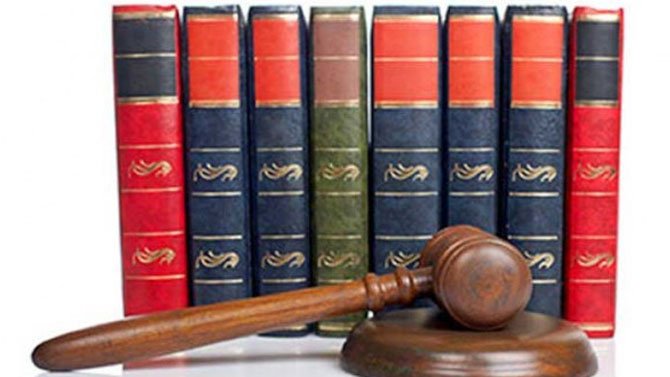Civil law in Bangladesh covers a broad range of legal issues that affect individuals and organizations, excluding criminal matters. The civil law system in Bangladesh is influenced by English common law but has been shaped by local statutes and legal principles. Lawyer Dhaka is here to give you key areas of civil law:
1. Property Law:
- Transfer of Property Act 1882: Governs the transfer of property, including sale, mortgage, lease, and gift.
- Registration Act 1908: Requires the registration of documents related to property transactions to ensure legal ownership and prevent fraud.
- Land Reforms Ordinance 1984: Regulates land ownership and tenancy rights.
2. Family Law:
- Personal Laws: Family matters such as marriage, divorce, maintenance, inheritance, and custody are governed by personal laws based on religion (e.g., Muslim Family Laws Ordinance 1961, Hindu Marriage Registration Act 2012).
- Family Courts Ordinance 1985: Establishes family courts to resolve disputes related to family matters like divorce and child custody.
3. Contract Law:
- Contract Act 1872: Provides the framework for forming and enforcing contracts, covering aspects like offer, acceptance, consideration, and breach of contract.
4. Law of Torts:
- Torts: Though not extensively codified, tort law in Bangladesh covers civil wrongs that cause harm or loss, allowing for compensation or other remedies.
5. Law of Succession:
- Inheritance Laws: Governed by religious personal laws and the Succession Act 1925, detailing the distribution of a deceased person’s estate among heirs.
6. Consumer Protection:
- Consumer Rights Protection Act 2009: Protects consumers from unfair trade practices and ensures the quality and safety of goods and services.
7. Labour and Employment Law:
- Labour Act 2006: Regulates employment terms, worker rights, and dispute resolution, ensuring fair treatment in the workplace.
8. Environmental Law:
- Environment Conservation Act 1995: Imposes obligations on individuals and organizations to protect the environment and comply with environmental regulations.
9. Intellectual Property Law:
- Trademarks Act 2009, Patents and Designs Act 1911, Copyright Act 2000: Protect intellectual property rights, including trademarks, patents, and copyrights.
10. Dispute Resolution:
- Civil Procedure Code 1908: Governs the procedures for filing and resolving civil lawsuits in courts.
- Arbitration Act 2001: Provides a framework for resolving disputes outside the court system through arbitration.
11. Trusts and Estates:
- Trusts Act 1882: Regulates the creation and management of trusts, governing the relationship between trustees and beneficiaries.
- Waqf Ordinance 1962: Deals with the administration of Waqf (Islamic endowments).
Courts and Tribunals:
- Civil Courts: Include the District Courts, which handle civil cases, and the High Court Division, which hears appeals and more significant matters.
- Specialized Tribunals: Include family courts, consumer courts, and environmental courts, which handle specific types of civil disputes.
Compliance:
- Individuals and businesses must comply with various civil laws, including property registration, contract enforcement, and environmental regulations, to avoid legal disputes.
Civil law in Bangladesh is vast and diverse, addressing a wide range of legal issues that impact the daily lives of individuals and the operations of businesses.


